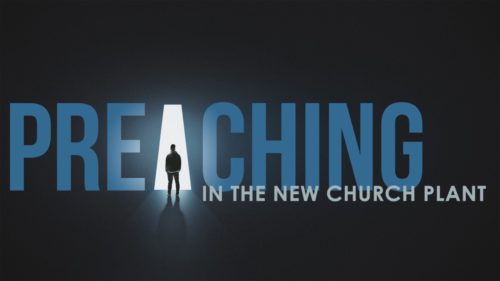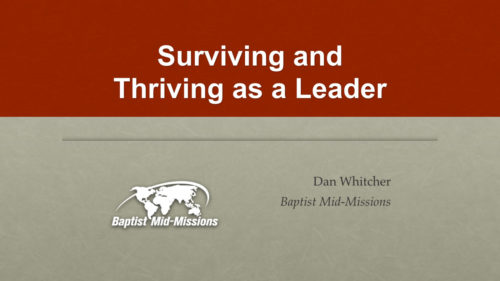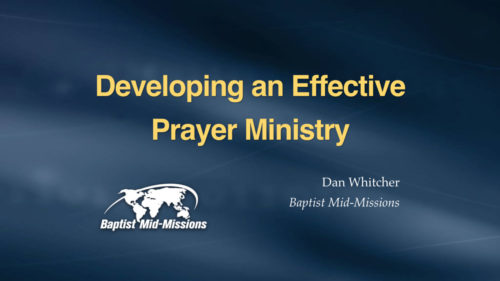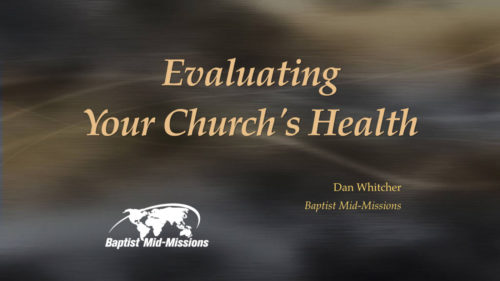-
Sale!

Clean Router
$99.00$75.00 -
 Maintaining momentum following launch is the result of good planning. This lesson covers the next six months after launch including some of dangers to be faced, the need to streamline your leadership style, solidify your gains and the need to focus on reproduction.
Maintaining momentum following launch is the result of good planning. This lesson covers the next six months after launch including some of dangers to be faced, the need to streamline your leadership style, solidify your gains and the need to focus on reproduction. -

-

Preparing for Launch Day
$9.00Going public is a big deal! Doing it right is critical to attracting people and getting them to come back. This lesson walks you through the multitude of things to be done leading up to your Big Day. -

-

-
 Values are those core beliefs that distinguish a church and anchor it in the Word God. Vision is a clear and challenging picture of the future as you believe it can and must be. Together values and vision drive the ministry of the church forward.
Values are those core beliefs that distinguish a church and anchor it in the Word God. Vision is a clear and challenging picture of the future as you believe it can and must be. Together values and vision drive the ministry of the church forward. -
 The making of disciples lies at the heart of the church’s mission, but it has been replaced by ineffective programming in many churches. Church need to simplify and restructure their ministries so each activity contributes to achieving the church’s mission of making disciples.
The making of disciples lies at the heart of the church’s mission, but it has been replaced by ineffective programming in many churches. Church need to simplify and restructure their ministries so each activity contributes to achieving the church’s mission of making disciples. -
 Looks at how we can effectively follow up those who visit our services and the importance of being intentional in developing an effective discipleship program.
Looks at how we can effectively follow up those who visit our services and the importance of being intentional in developing an effective discipleship program. -
 A ministry plan is a road map that guides a church from where it is to where it wants to be. Churches often don’t grow because they do not have a plan for growing. This class shows how to identify goals, critical mass points, and action steps to be taken in developing a plan.
A ministry plan is a road map that guides a church from where it is to where it wants to be. Churches often don’t grow because they do not have a plan for growing. This class shows how to identify goals, critical mass points, and action steps to be taken in developing a plan. -

-

-
 People value that which is costly. People do not value church membership because it costs them nothing. Raise the membership bar, require pre-membership classes, and clearly outline what is expected of those who join the church.
People value that which is costly. People do not value church membership because it costs them nothing. Raise the membership bar, require pre-membership classes, and clearly outline what is expected of those who join the church. -

-
 One of the marks of a growing church is inspiring worship. This session shows how church leaders can design Christ-exalting yet guest-welcoming celebrative corporate worship. Recommendations for improving public worship are given so that God’s people truly encounter the living God. Timeless principles for God-honoring worship are explored.
One of the marks of a growing church is inspiring worship. This session shows how church leaders can design Christ-exalting yet guest-welcoming celebrative corporate worship. Recommendations for improving public worship are given so that God’s people truly encounter the living God. Timeless principles for God-honoring worship are explored. -

Organizing The Church
$9.00All living things have structure. The church’s structure is found in it’s four foundational documents (charter, covenant, constitution, creed). Other legal documents are identified that enable the church to do things decently and in order. -

-
 Discipleship involves growing people to spiritual maturity. In order to produce mature disciples a church must know what a disciple looks like (characteristics), what it wants him to know (doctrine), what changes it wants to see in his life (habits) and what it wants him to be able to do (skills).
Discipleship involves growing people to spiritual maturity. In order to produce mature disciples a church must know what a disciple looks like (characteristics), what it wants him to know (doctrine), what changes it wants to see in his life (habits) and what it wants him to be able to do (skills). -
 Growing churches are marked by a robust network of small groups. How do leaders design a small group system that serves the mission of the church and binds the congregational together relationally? After showing that small groups are biblical and bring many practical benefits, this session gives lots of practical recommendations for designing and improving a church’s small group ministry with a goal of multiplying both group leaders and community groups. Many options and types of groups are explored.
Growing churches are marked by a robust network of small groups. How do leaders design a small group system that serves the mission of the church and binds the congregational together relationally? After showing that small groups are biblical and bring many practical benefits, this session gives lots of practical recommendations for designing and improving a church’s small group ministry with a goal of multiplying both group leaders and community groups. Many options and types of groups are explored. -
 Conflict is inevitable in the church, but it offers the opportunity for people to grow spiritual as they respond biblically to it. This class gives a step-by-step procedure for resolving conflict and shows how to reduce its occurrence.
Conflict is inevitable in the church, but it offers the opportunity for people to grow spiritual as they respond biblically to it. This class gives a step-by-step procedure for resolving conflict and shows how to reduce its occurrence. -
 There are no ready-made leaders. Most young churches lack enough leaders to expand the ministry. Rather than praying for God to send us leaders, God wants us to develop them from the harvest for the harvest! This session gives seven steps for developing a leadership culture within a congregation, young or old. It then warns of four crucial areas to carefully monitor for improving your leadership pipeline.
There are no ready-made leaders. Most young churches lack enough leaders to expand the ministry. Rather than praying for God to send us leaders, God wants us to develop them from the harvest for the harvest! This session gives seven steps for developing a leadership culture within a congregation, young or old. It then warns of four crucial areas to carefully monitor for improving your leadership pipeline. -
 Teams are the preferred approach to ministry in the Bible. Every person has a ministry S.H.A.P.E. that suits him or her for particular areas of ministry. People serve best when given a ministry slot that corresponds to their shape
Teams are the preferred approach to ministry in the Bible. Every person has a ministry S.H.A.P.E. that suits him or her for particular areas of ministry. People serve best when given a ministry slot that corresponds to their shape -

-
 Churches must chose to be either a missions supporting church or a sending church. This session focuses on the 12 marks of a missions active sending church, giving lots of recommended resources for leaders to implement that vision. Topics explored include developing a missions strategy, writing a church missions policy, recruiting a missions team to give leadership, planning exciting mission conferences, caring for missionaries, and training missionary candidates in-house.
Churches must chose to be either a missions supporting church or a sending church. This session focuses on the 12 marks of a missions active sending church, giving lots of recommended resources for leaders to implement that vision. Topics explored include developing a missions strategy, writing a church missions policy, recruiting a missions team to give leadership, planning exciting mission conferences, caring for missionaries, and training missionary candidates in-house.

